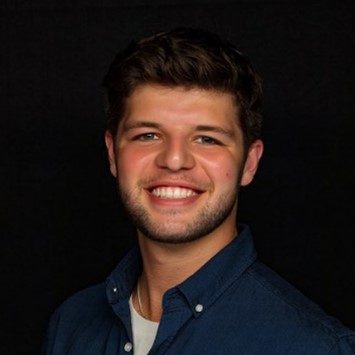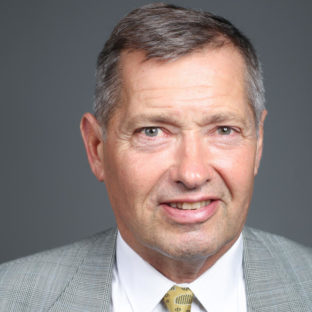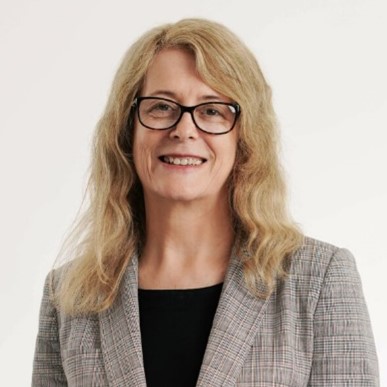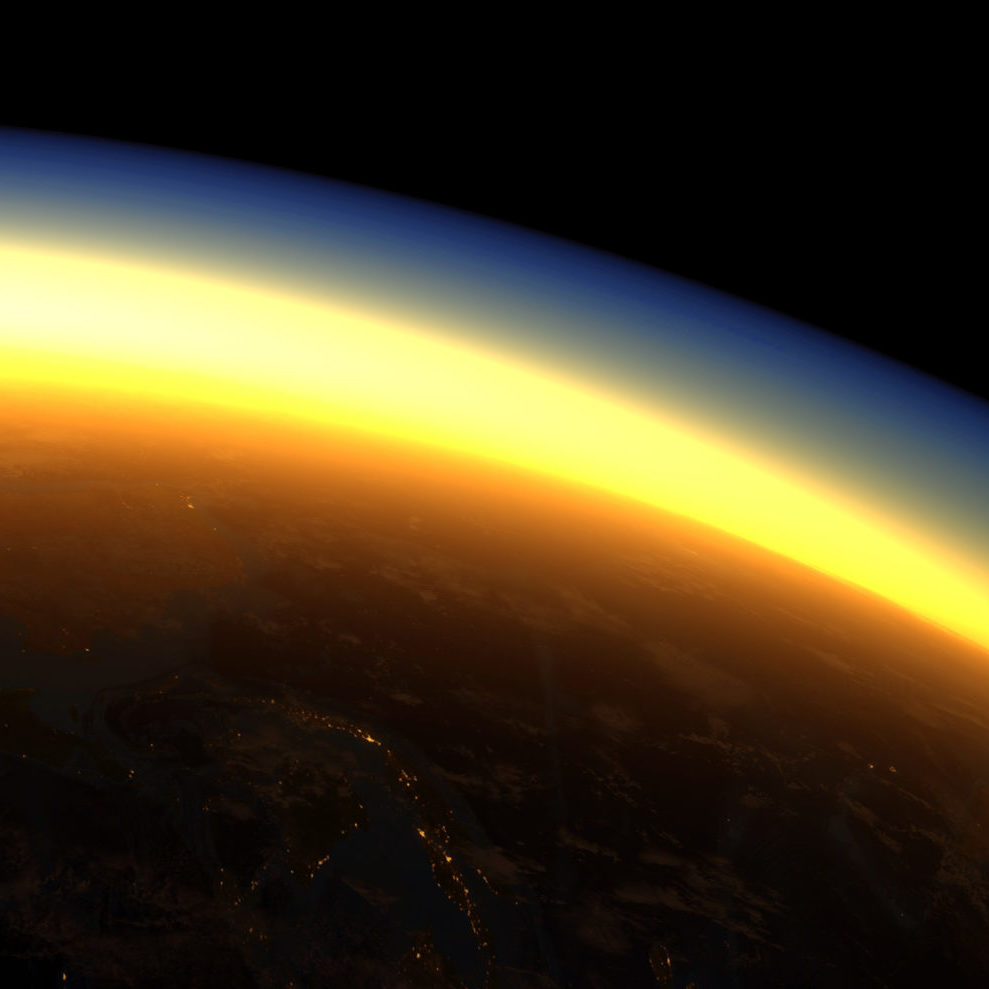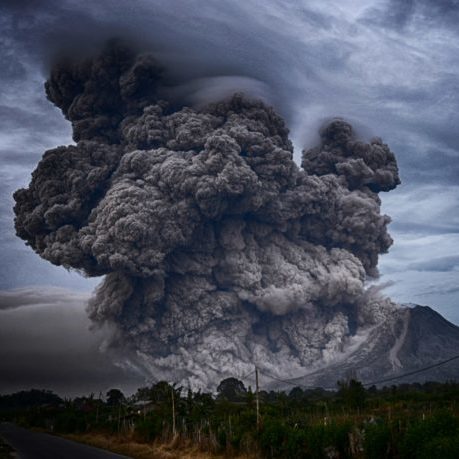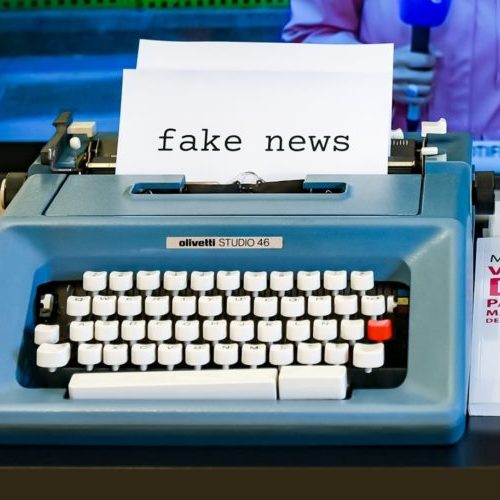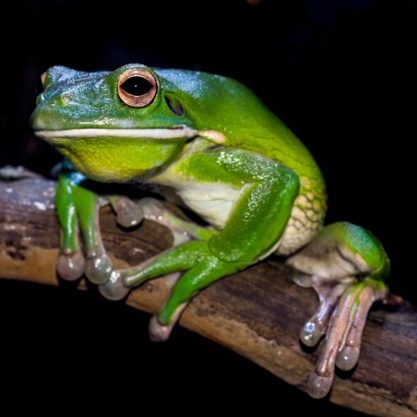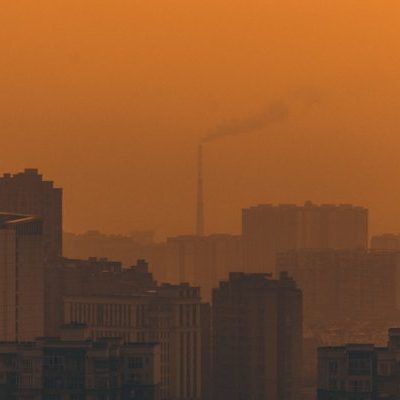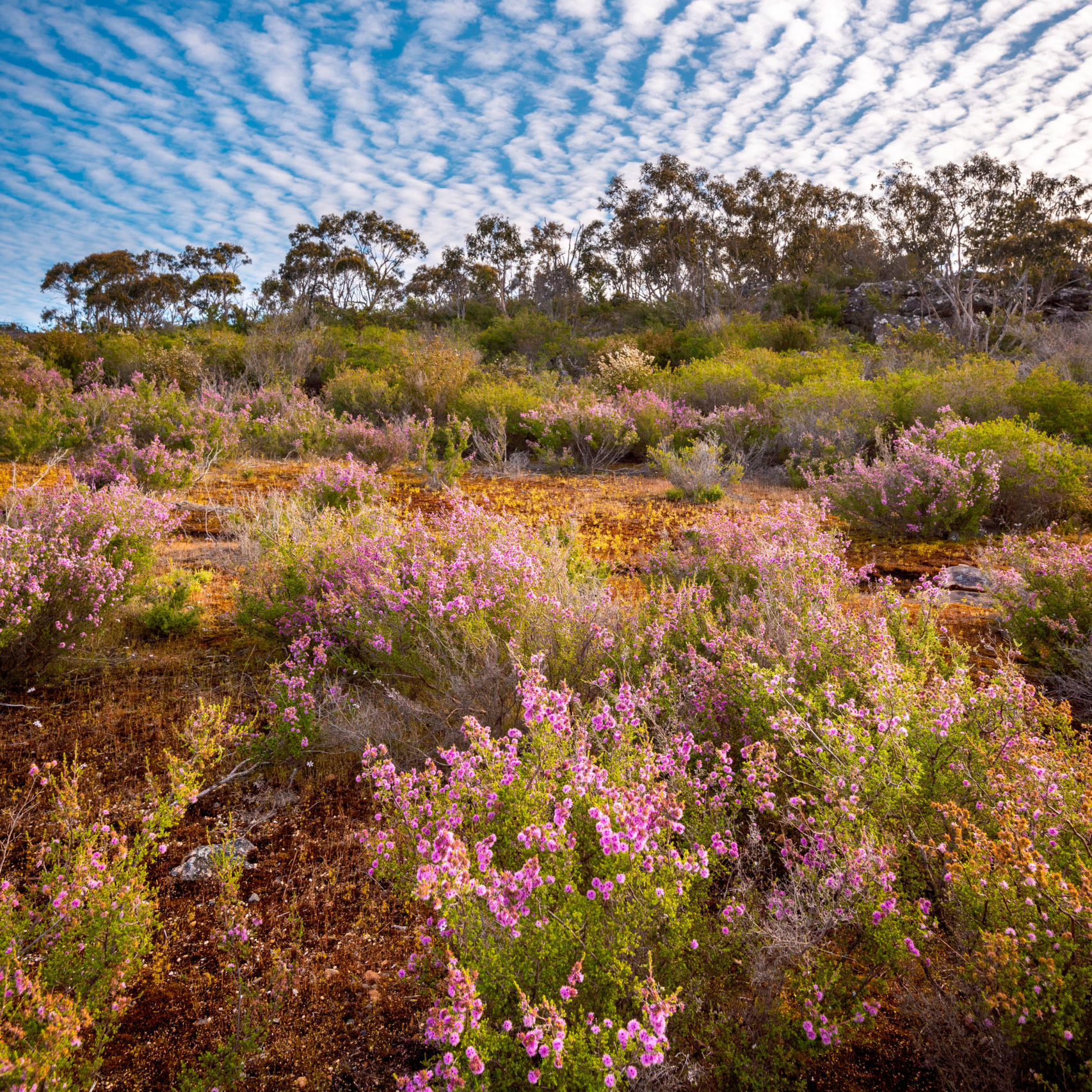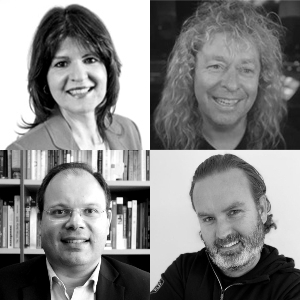The Royal Society of Victoria is our State’s scientific society, founded in 1854. The Society convenes an independent community of science practitioners, educators, industrialists and enthusiasts to promote the understanding and utilisation of scientific knowledge for the benefit of the State of Victoria. Membership is open to any individuals or organisations keen to be involved.
We broker engagement between practitioners of Science, Technology, Engineering, Mathematics & Medicine (STEMM) and the broader Victorian community, seeking to improve general scientific literacy, evidence-based decision making and the translation of scientific knowledge into purposeful actions in our State.
Headquartered on Wurundjeri land in a heritage-listed building at 8 La Trobe Street, Melbourne, the Society provides a statewide program of outreach, partnerships, lectures, forums, programs and projects. A further overview of who we are and what we do is available at our About Us page.
- Wednesday, 24 April, 2024
- Brendan’s recently completed science degree in animal biology stems from a deep interest and passion for wildlife and conservation. He is co-founder and President of the Emerging Scientists Network, a collective of RSV student members devoted to fostering connections, knowledge exchange, and opportunities for current undergraduates and recent graduates from Victorian universities.
- Wednesday, 24 April, 2024
- Mr Tony Clemenger was born into Australasia’s largest advertising and marketing communications conglomerate, Clemenger, today one of the most awarded communications agencies in the world. His diverse career demonstrates leadership, expertise and outstanding performance in marketing, advertising, consulting and academia, with national and international experience.
- Wednesday, 24 April, 2024
- Professor Caroline McMillen has led and facilitated collaborations focused on delivering a positive impact on the economic, social and cultural health of Australia throughout her career. She is an active champion for science, innovation and technology, particularly for girls and women in science, and was a Member of the Expert Advisory Group for Science in Australia and Gender Equity (SAGE).
- The current rate of temperature and atmospheric carbon dioxide increase is almost unprecedented in Earth’s entire 4.5-billion-year geological history. The only other time global temperatures and conditions changed this dramatically was when an asteroid hit the Earth 66 million years ago, famously triggering an age of mass extinction and a rapid increase of 5 °C in global temperatures that lasted for roughly 100,000 years.
- There are many factors that contribute to climate change, both in the past and in the present. They were present long before humans evolved; however, many things in our modern world produce extra greenhouse gases, like the burning of fossil fuels. Compared to other processes that produce greenhouse gases or warm our planet, how much are humans to blame, and what can we do about it?
- On digital platforms, disinformation can be introduced by a malicious group or individual, and then shared by many different people – who may have no intention to deceive – as misinformation. With a tsunami of misinformation impacting our public and environmental health and sowing sociopolitical discord around the world, how can we act to protect ourselves and our communities?
- Online abuse and bearing witness to the destruction of what many of us know (and love) intimately can take a heavy toll on scientists and environmental advocates. But the choices we make now will determine the future we inherit. Far from feeling that all is lost, Euan Ritchie urges all to speak and act for the voiceless, to care for and defend what you love.
- Air pollution can alter the regulation of immune systems, stunt lung development, and increase blood pressure, demonstrating that even at a young age, human immune, respiratory, and cardiovascular systems are negatively impacted by exposure. Even before birth, the growth, development, and overall health of unborn babies is impacted. So what can we do about it?
- Working adaptively with fire as a tool for ecological health can help us to prevent the extinction of flora species across Victoria's ecosystems. Ella Plumanns Pouton (University of Melbourne/Deakin University) works to understand how fire regimes support different plants across their whole life cycle, providing a vital scientific foundation for fire management practices that respond to the unfolding global biodiversity crisis.


